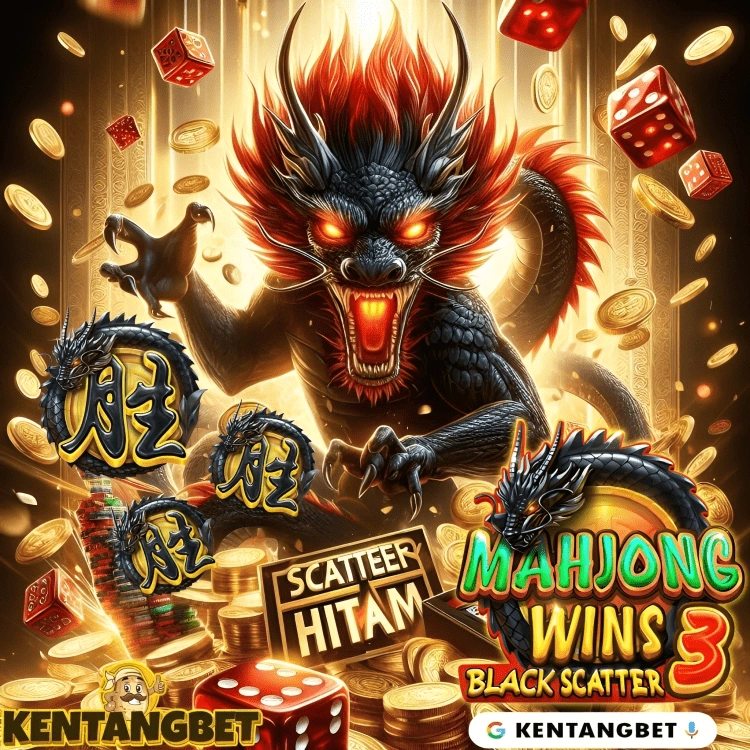November 20, 2025
1:53 pm
The world of video games is a dynamic tapestry woven with innovation, captivating narratives, and bayitoto unforgettable experiences, with few platforms contributing as profoundly as the PlayStation family of consoles and its groundbreaking portable sibling, the PSP. For decades, Sony’s gaming divisions have consistently delivered some of the best games ever conceived, shaping the industry and etching themselves into the hearts of millions. From the revolutionary 3D graphics of the original PlayStation to the breathtaking fidelity of the PlayStation 5, and the surprising power of the PlayStation Portable, the legacy of PlayStation games is a testament to enduring quality and creative brilliance.
The journey began with the original PlayStation, a console that almost single-handedly defined 3D gaming for a generation. Its library introduced players to vast, intricate worlds and deep, engaging stories. Classic PlayStation games like *Final Fantasy VII* transcended mere entertainment, offering cinematic storytelling on an unprecedented scale, while *Metal Gear Solid* redefined stealth action with its intricate plot and innovative gameplay. *Resident Evil* birthed the survival horror genre as we know it, creating nail-biting tension and memorable scares. These weren’t just games; they were cultural phenomena that proved video games could deliver mature, complex experiences, laying a robust foundation for all subsequent PlayStation games.
Building on this success, the PlayStation 2 arrived and cemented its place as the best-selling console of all time, boasting an incredibly diverse and expansive collection of PlayStation games. Its immense popularity was fueled by an astonishing array of titles that pushed boundaries across every genre. *Grand Theft Auto III* revolutionized open-world design, giving players unparalleled freedom in bustling cities. *God of War* introduced Kratos, an iconic anti-hero, through brutal yet satisfying combat and epic boss battles. *Shadow of the Colossus* captivated with its minimalist storytelling and majestic, awe-inspiring encounters. The sheer breadth of quality PlayStation games on the PS2 meant there was truly something for everyone, from hardcore RPG fans to casual party gamers.
As technology advanced, so too did the ambition behind PlayStation games. The PlayStation 3 heralded the era of high-definition gaming, offering stunning visuals and complex multiplayer experiences. Titles like *Uncharted 2: Among Thieves* showcased cinematic action and witty dialogue, establishing Naughty Dog as a master storyteller. The PlayStation 4 further refined this approach, delivering some of the most critically acclaimed and visually spectacular best games of the modern era. *The Last of Us Part II* pushed narrative boundaries with its emotional depth and uncompromising themes, while *Marvel’s Spider-Man* redefined superhero gaming with its fluid traversal and engaging combat. *Bloodborne* offered a dark, challenging, and profoundly rewarding action RPG experience that captured a devoted following. The PlayStation 5 continues this tradition, leveraging lightning-fast SSDs and the innovative DualSense controller to create even more immersive and responsive PlayStation games.
Amidst the console dominance, Sony made a bold foray into handheld gaming with the PlayStation Portable, or PSP. This sleek device was a marvel of engineering for its time, offering near-console quality graphics and gameplay on the go. PSP games were a revelation, proving that portable gaming didn’t have to mean watered-down experiences. Titles like *God of War: Chains of Olympus* and *God of War: Ghost of Sparta* translated the visceral action of the console series perfectly to the small screen. *Monster Hunter Freedom Unite* became a cultural phenomenon in Japan and a global hit, showcasing deep RPG mechanics and cooperative play that could be enjoyed anywhere.
Other iconic PSP games included the *Grand Theft Auto* spin-offs, *Liberty City Stories* and *Vice City Stories*, which brought the sprawling open worlds of their console counterparts into the palm of your hand. *Crisis Core: Final Fantasy VII* expanded on one of the most beloved universes in gaming with a compelling prequel story and action-RPG combat. These PSP games weren’t just ports; many were bespoke experiences designed to harness the unique capabilities of the portable system, solidifying the PSP’s reputation as a serious contender in the handheld market and offering a unique subset of the best games available at the time.
Defining the “best games” is inherently subjective, yet certain titles across the PlayStation and PSP ecosystems transcend personal preference through their innovation, profound impact, or sheer artistic merit. Whether it’s the genre-defining narrative of a *The Last of Us*, the revolutionary open-world freedom of a *Grand Theft Auto*, the masterful artistry of a *Shadow of the Colossus*, or the portable brilliance of a *God of War* title on the PSP, these games represent pinnacles of interactive entertainment. They are examples of how creative vision, combined with cutting-edge technology, can forge experiences that resonate deeply with players for years, even decades, after their initial release.
The enduring appeal of PlayStation games, from the earliest entries to the most recent blockbusters, lies in their consistent pursuit of excellence and their ability to evolve with technological advancements while retaining a core focus on compelling gameplay and storytelling. The PSP, though no longer in production, carved out its own significant niche, demonstrating the potential for rich, console-like experiences in a portable format. Together, the PlayStation brand and its portable offspring have curated an unparalleled library of best games, offering countless hours of entertainment and unforgettable memories for gamers worldwide.
In conclusion, the legacy of PlayStation games and PSP games is rich, diverse, and undeniably influential. From groundbreaking console epics to revolutionary portable adventures, Sony’s platforms have consistently delivered titles that define generations, push creative boundaries, and remain beloved by players globally. The journey through these magnificent gaming libraries is an exploration of innovation, passion, and the enduring power of interactive storytelling, making them essential touchstones in the history of best games.






